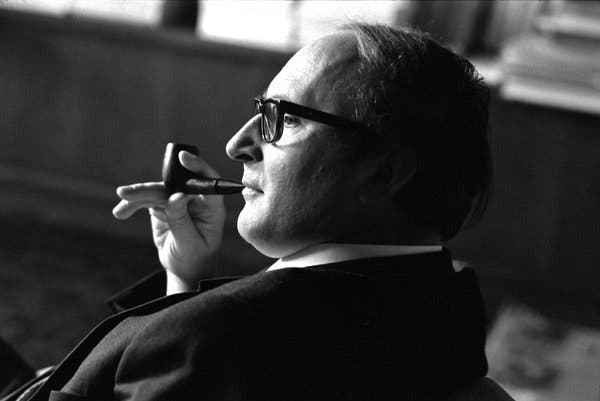Every other Monday, New Wine New Wineskins posts abbreviated versions of papers given at the annual NWNW conference in July. This week, enjoy a glimpse into Catherine Duggan’s work on the spiritual and political vision of Johann Baptist Metz. And check back each Monday for more content from NWNW!
The political theology of Fr. Johann Baptist Metz was an important clarion call for theology of the later 20th century to foreground the social and political dimensions of Christian life. And yet, Metz and liberation theologians often come under sharp criticism for generating a reduced image of the Christian life that narrowly focuses on politics and power struggles; collapses theory into praxis; identifies the Kingdom of God with achievements of social justice; and broadly neglects the tradition’s intellectual and spiritual contents. Here, and in a longer paper on the subject, I aim to offer a response to those criticisms. After describing the charges against positions held by political and liberation theologians, I respond to those charges by way of an exploration of Metz’s lesser-known spiritual writings. When Metz’s most famous work, Faith in History & Society, is read alongside two of his spiritual writings, namely, A Passion for God and Followers of Christ, it becomes clearer that Metz is retrieving elements of the Christian tradition he considered underappreciated, even as this puts him at odds with figures like Augustine and Aquinas.
As Matthew Ashley puts it, Metz offers a “practical fundamental theology,” that is, an explanation of Christianity in terms of the way it can “cohere with, bring to words, and concretize the modern person’s experience of his or her identity, especially as it is threatened by guilt and by the final, always imminent, limit-situation of death” (246). He additionally felt moved to transform the tradition of academic theology in which he was trained because it paid scant attention to the horrors of Auschwitz. According to Metz, the Christian faith, particularly the way of life and prayer embodied by the people of Israel and later Jesus, can provide the proper perspective from which individuals can both acknowledge Auschwitz and begin to see God’s persistent presence through it. Within the Israelite-biblical paradigm, Metz lifts up a biblical epistemology, which considers thought to be fundamentally memorative; Israel’s poverty of spirit that accepts fear, mourning, and pain rather than repressing them; and a form of prayer called “mysticism unto suffering,” which exudes the pain of suffering and avoids exaggerated affirmations of consolations. To this mysticism of suffering belongs Jesus’ cry of abandonment in Matthew’s and Mark’s Gospels, an echo of Psalm 22. Through its trials, Israel remains faithful to God insofar as it primarily petitions God for consolation. For Metz, Israel’s history identifies theodicy as the primary form of theological inquiry.
Finally, while Metz speaks appreciatively of Marxist thought, his recognition of it is not for the sake of shedding the Christian intellectual tradition, but rather for the purpose of letting Marx turn the attention of Christian theologians back to insights in their own tradition. The two most valuable insights Metz finds in Marx are a keen historical consciousness, which Metz believes is an authentic biblical sense of time, as well as the awareness that knowledge is conditioned by interest, an epistemology Metz believes resonates with the convertibility of truth and goodness. That said, Metz believes Marxism is an insufficient basis for theology insofar as it does not recognize the human need both to be redeemed and to acknowledge guilt.
While my longer paper concludes with some critical questions, it aims to defend Metz’s thought as a scriptural and Christological opposition to injustice.
—
Catherine Duggan is a third-year doctoral student at Notre Dame studying moral theology, focusing on Thomistic and Augustinian political and legal thought.


